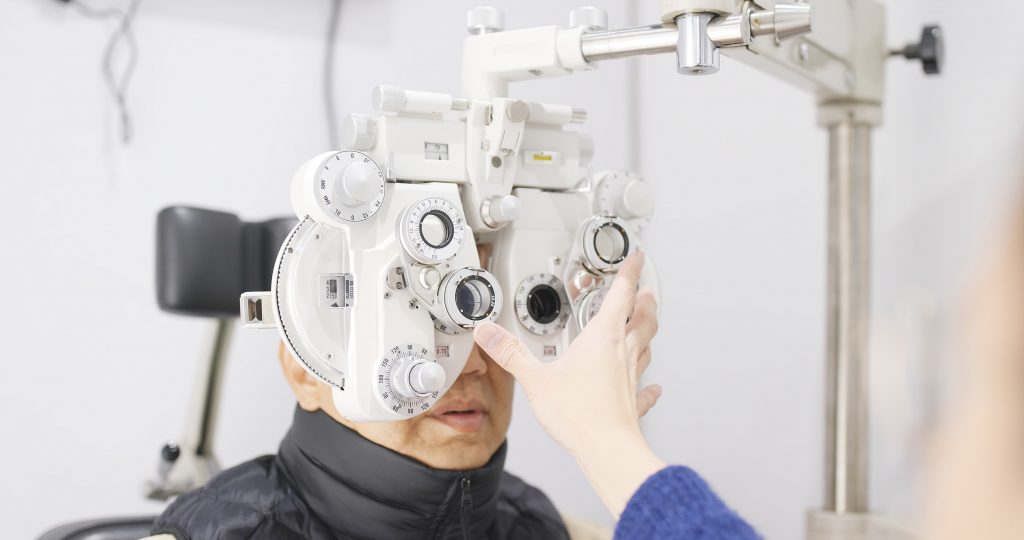5 Great Breathing Techniques For Long Term Benefits
Breathing exercises are finally just beginning to get the respect they deserve. Long overlooked, many people are amazed at the difference in physical and emotional well-being that can take place simply because of a few careful breathing practices.
The following are five outstanding breathing techniques anyone can use to improve their quality of life.
Diaphragmatic Breathing
This breathing focuses on proper movement of the diaphragm. This type of breathing exercise has been shown to lower heart rate and blood pressure, improve core muscles, as well as reduce the negative effects of stress on the body.
Start by laying flat on a bed or floor, or sitting in a comfortable position if those aren’t options. Relax your shoulders and place one hand on the middle of your chest and one in the middle of your stomach. Breathe in through your nose for two seconds. You hand should help you feel your stomach expand while your chest remains in place. Breathe out through pursed lips for two seconds.
Repeat 6-12 times for best results.
The 4-7-8 Technique
This is a very measured breathing exercise that some people might find a bit challenging at first, but it is worth pursuing. Very good for reducing stress, anxiety, and insomnia, this is also a great breathing pattern for calming down when angry.
To practice:
– Breathe in through the nose for 4 seconds
– Hold your breath for 7 seconds
– Exhale strongly through your mouth for 8 seconds
That’s it. A lot of benefit for a relatively simple breathing exercise.
Buteyko Nose Breathing
A commonly prescribed breathing exercise for clearing out nasal passages or strengthening breathing in asthmatic patients, the Buteyko method involves focusing on nasal breathing throughout the day instead of breathing through the mouth. During these exercises particular concentration should be paid to breathing in deeply, so less breathes are used or needed but the airways are opened up.
This is a good breathing method that some people swear by however it isn’t quite as backed up by the science as the earlier two on this list. Individuals should absolutely give it a try to see if it helps them.
Complete Breathing
Based from the practice of yoga, complete breathing focuses on very deep abdominal breathing. This is one of the most basic of the yoga breathing exercises, and it is a form of diaphragmatic breathing. One of the main keys when doing this deep “fill the belly” breathing exercise is to make sure the shoulders stay relaxed and that the belly is pushing against your hand, not your chest. On the exhale focus on the feeling of actually pushing the air out of your stomach.
Over time you’re become more aware of your breathing muscles and be able to more easily and fully get the benefit that comes from these exercises.
Chinese Breathing
There are actually several different breathing practices that can fall under the general term “Chinese breathing,” but this will usually refer to the popular Qigong Breathing techniques. This focuses on deep abdominal breathing by noticing and correcting the commonly used technique of taking shallow breathes from the chest. The key here is finding a sturdy chair with a straight back so you can sit with good posture.
Place your hands on your stomach and take several normal breathes, focusing on the movement (or lack thereof) in the stomach. Then take a very deep breath, focusing on pulling from the stomach/abdomen area and filling your lungs with air. Hold for a few moments and then exhale, pushing from the stomach. Close your eyes if that helps to keep track of how your muscles feel while breathing and practice this for several minutes with your spine as straight as possible.
Doing this a few minutes a day can make an amazing difference.
These five breathing exercises offer plenty of easy options to help train yourself to breathe better and reap the amazing health and wellness benefits that follow as a result!
Share this post:
Better Living for Today
AEP vs. OEP: What’s the difference?
Learning about Medicare before your open enrollment period is important…
Read MoreCommon Health Conditions an Eye Exam Can Detect
You’re probably familiar with the adage, “eyes are the window…
Read More



